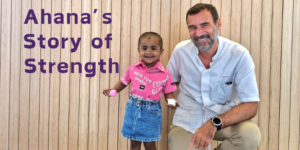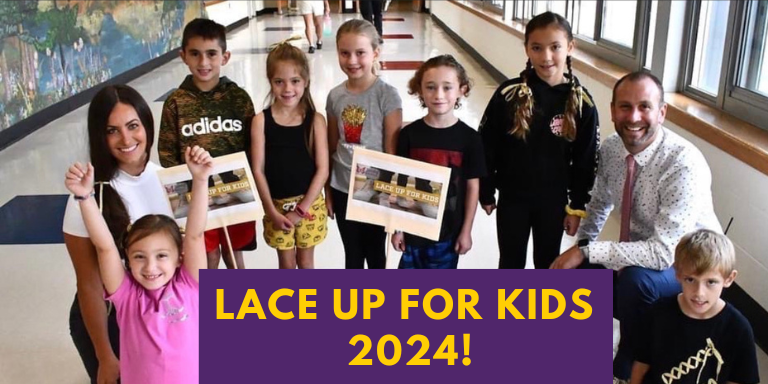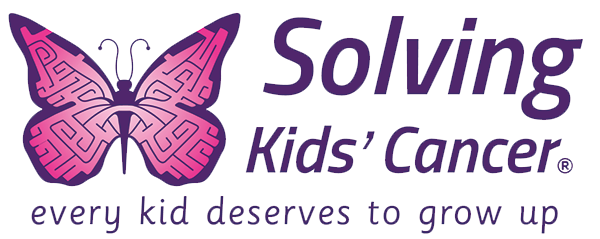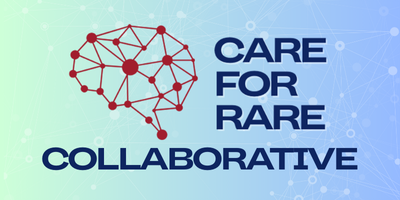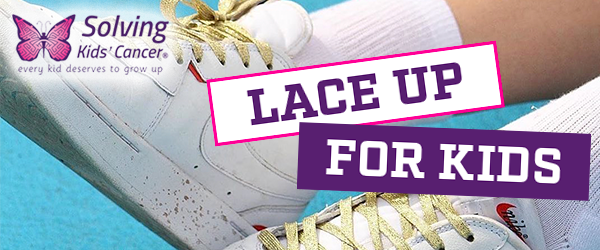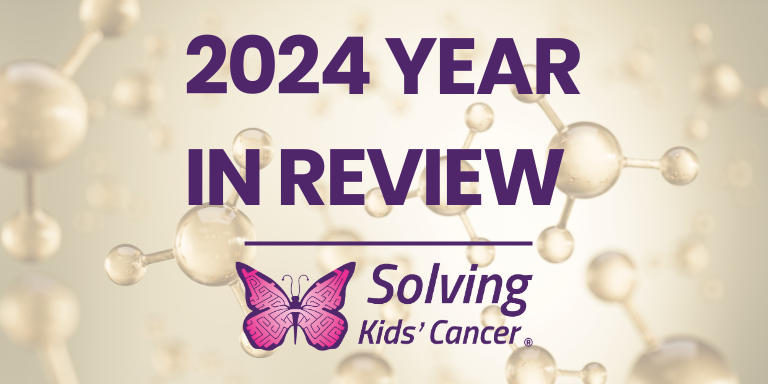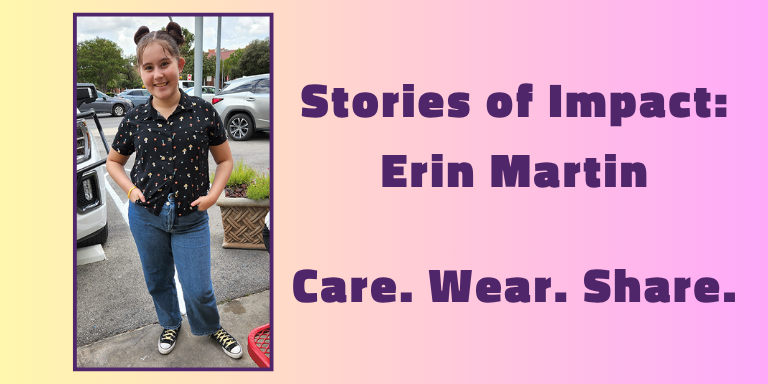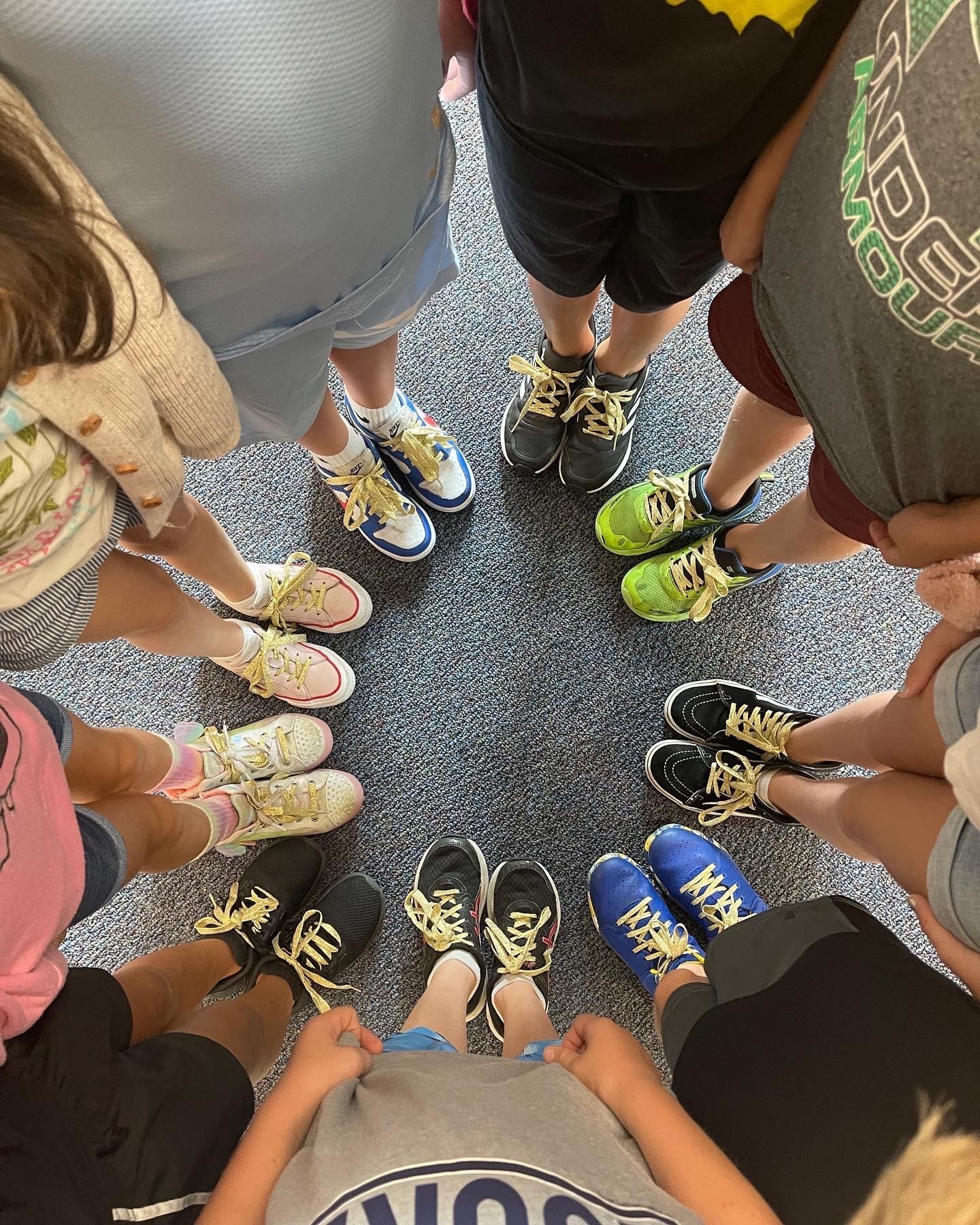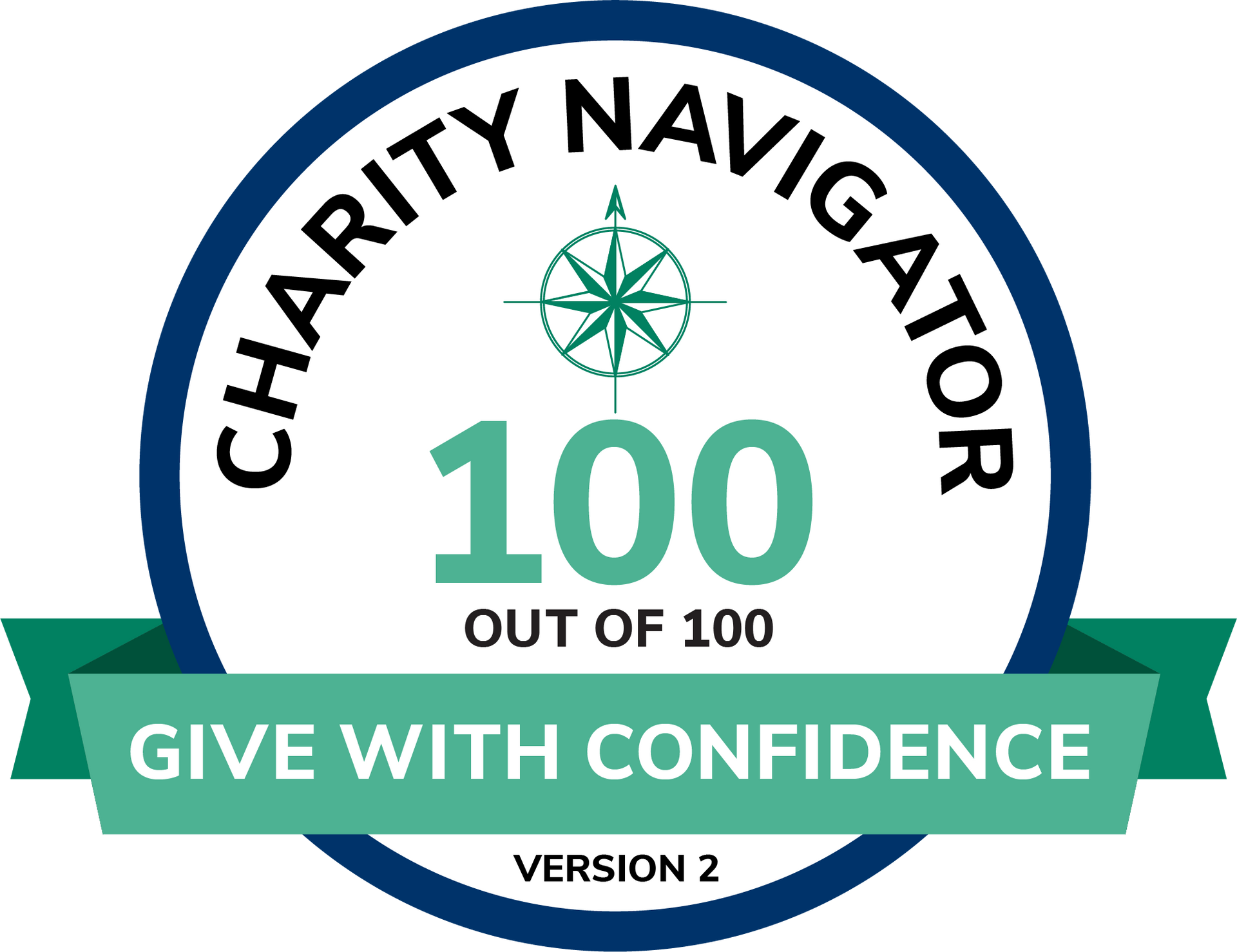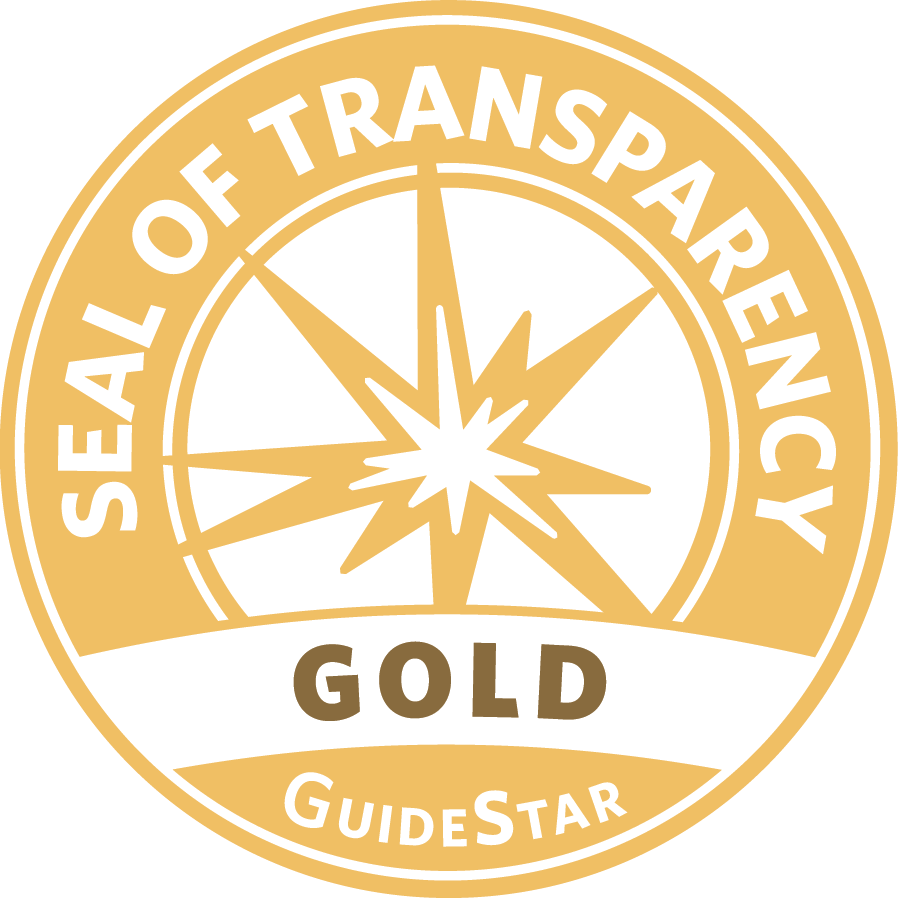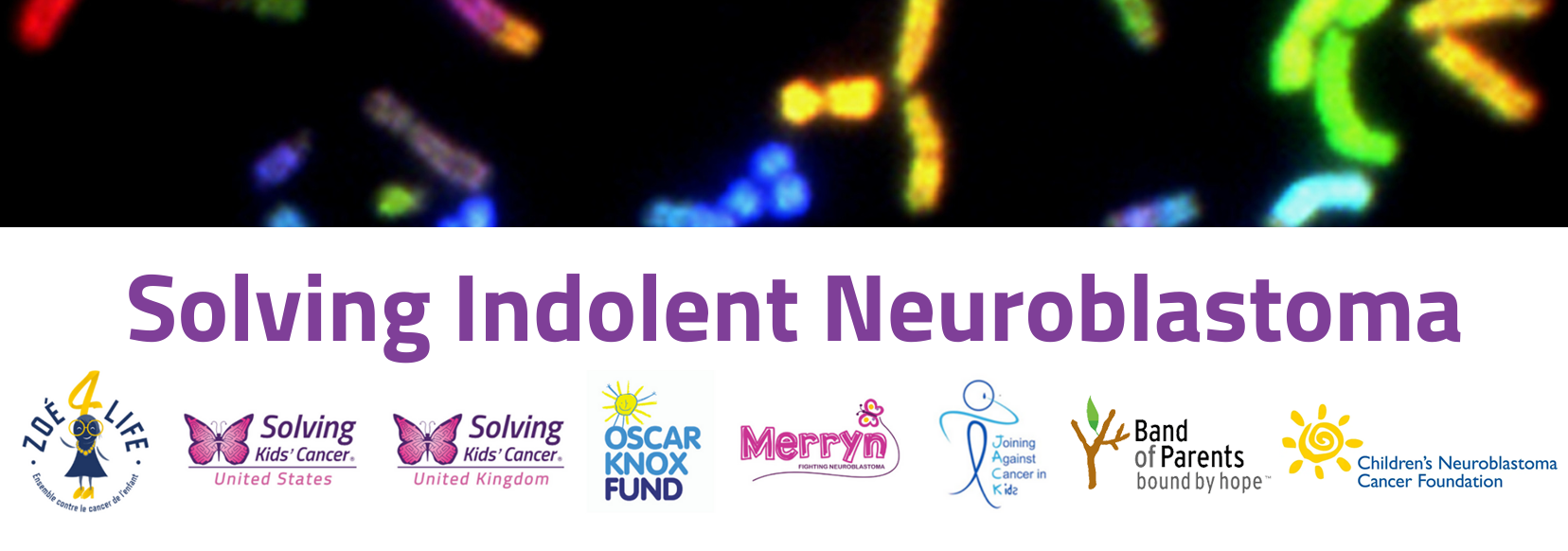
Solving Kids’ Cancer with partners: Solving Kids’ Cancer UK, Solving Kids’ Cancer in New York, Joining Against Cancer in Kids (J-A-C-K), ZOE4LIFE, Merryn Lacy Trust, and the Oscar Knox Fund have awarded $650,000 to the Children’s Hospital of Philadelphia (CHOP) and collaborating institutions for research into identifying and treating neuroblastoma in newly diagnosed children that are resistant to current standard chemotherapy.
The study spanning two years leading to the design and development of a new clinical trial will involve a trans-Atlantic collaboration of researchers from CHOP; Icahn School of Medicine at Mount Sinai; Institute of Cancer Research, London; Texas Tech University Health Sciences Center; Seattle Children’s Hospital and Princess Máxima Center in the Netherlands.
Indolent or refractory neuroblastoma is a clinically well-known sub-type of the disease that shows little or no response to currently available first-line treatments, remaining stable for some time before eventually beginning to progress. It often affects older children and young adults, giving them a prolonged battle with the disease with very poor overall survival. Until now, this group of patients has been mostly overlooked within research, with most clinical trial options being lumped-in with trials designed for cases of relapsed neuroblastoma- often showing little benefit for those with indolent disease. A major hurdle to improving outcomes for these patients has been the inability to define this type of disease at a molecular level to enable them to be identified at diagnosis – an obstacle this new research is seeking to address.
In light of these unmet clinical needs most difficult patient circumstances, our collaborative 2019 challenge grant called for proposals specifically targeted to find solutions for refractory disease, to our knowledge the first of its kind to focus solely on this group of children. Correspondingly, this study will focus on so-called Telomere Maintenance Mechanisms that drive tumor growth, in particular Alternative Lengthening of Telomeres (ALT) and ATRX.
Within this project, the researchers have 3 key aims to address the unmet needs of these children and young people; firstly, to develop a clinical tool that can detect biomarkers for indolent neuroblastoma, with hopes to use this to identify these patients at diagnosis. In conjunction with this, they will create robust laboratory models of the sub-group which do not currently exist and will provide a strong basis for any future research in this area. Finally, they will look at preclinical testing of small molecule therapies in combination with existing immunotherapy in the hopes of finding better responses from the highly treatment-
resistant disease. At the end of two years, the team hopes to have a new clinical trial for this group of patients ready to take forward for funding.
“There are no treatments or trials specifically for children with refractory or chemo-resistant neuroblastoma,” said Scott Kennedy, Executive Director of Solving Kids’ Cancer. “Today, kids often have to endure several rounds of toxic chemotherapy only to find out that the cancer is resistant due to a specific biology type. Our hope is that this innovative program will change this reality. Through this work, we envision a day when children will get the right treatment upon diagnosis, and the cancer will no longer be resistant to these newly identified tailored treatments. “
The research team have clear intent to develop the results into clinical trials focused on indolent neuroblastoma, with collaboration from Dr. Julie Park, Director of the New Approaches to Neuroblastoma Therapy consortium, and Prof. Max van Noesel from the Princess Máxima Center. As a charity that is committed to bringing new treatments to the clinic, providing hope for families, we are incredibly excited to see how this project progresses.
Principal Investigator: Dr. John Maris of Children’s Hospital of Philadelphia
Research Institutions: Children’s Hospital of Philadelphia, Institute of Cancer Research, Ichan School of Medicine at Mount Sinai, Texas Tech University Health Science Center, Seattle Children’s Hospital, Princess Máxima Center
Project Partners: Joining Against Cancer in Kids (J-A-C-K), Merryn Lacy Trust, Oscar Knox Fund, Solving Kids’ Cancer UK, ZOE4LIFE, Band of Parents, Children’s Neuroblastoma Cancer Foundation
Total Award: $650,000
Date of Award: April 2021
